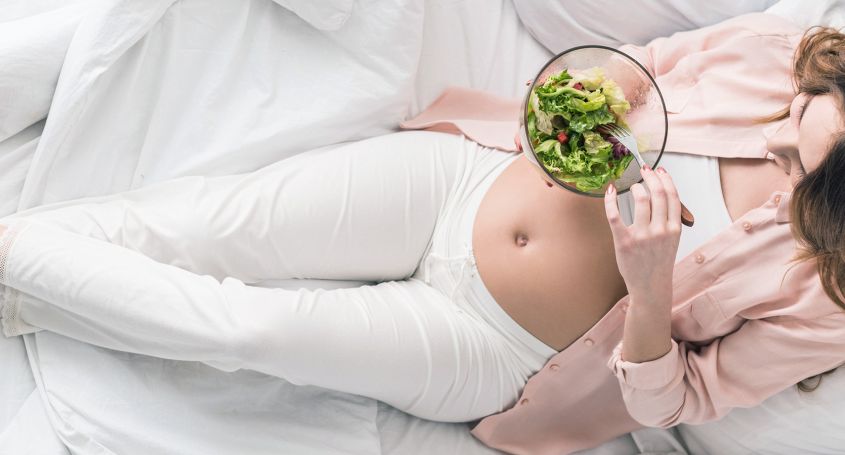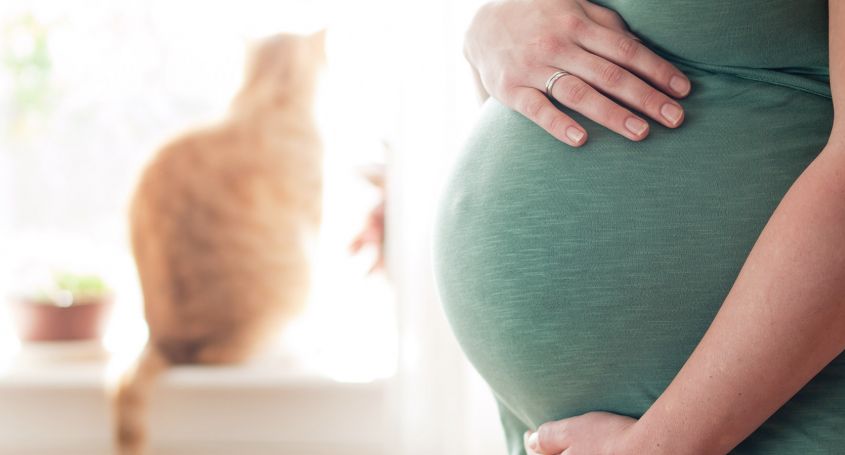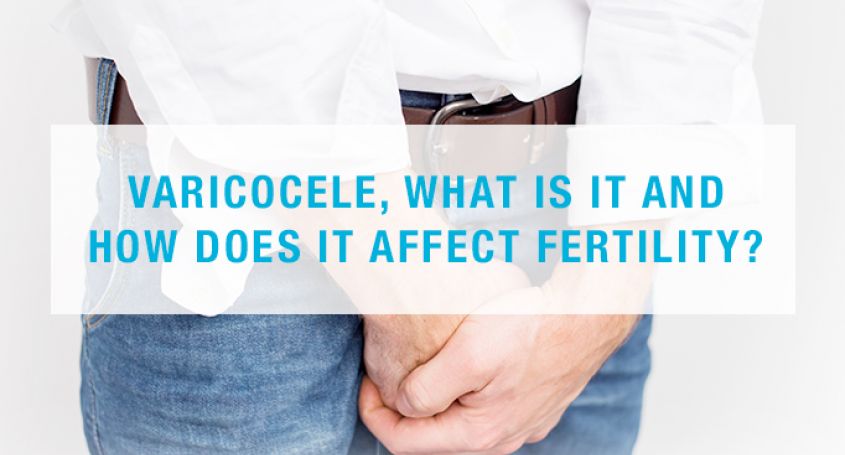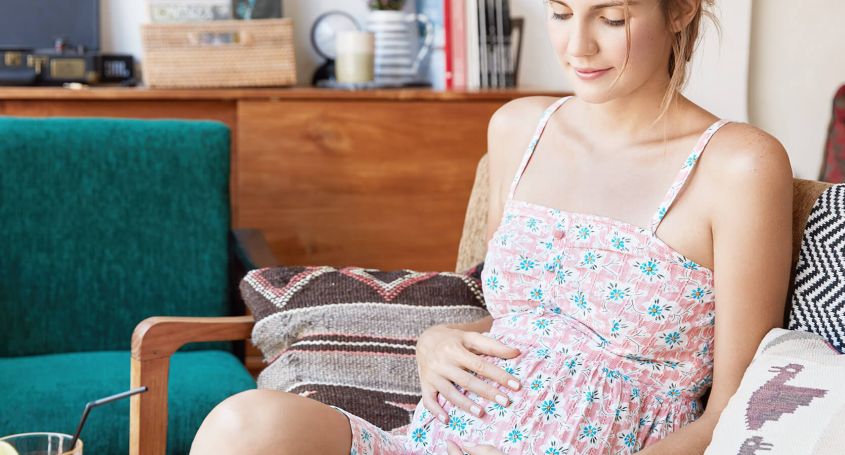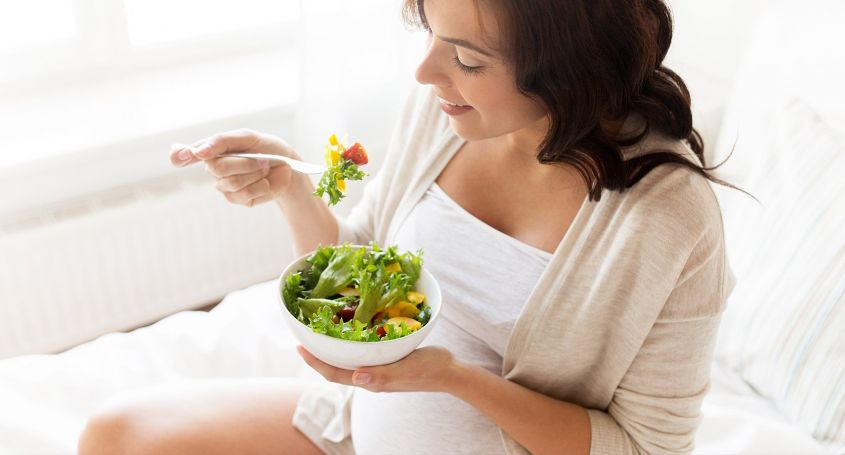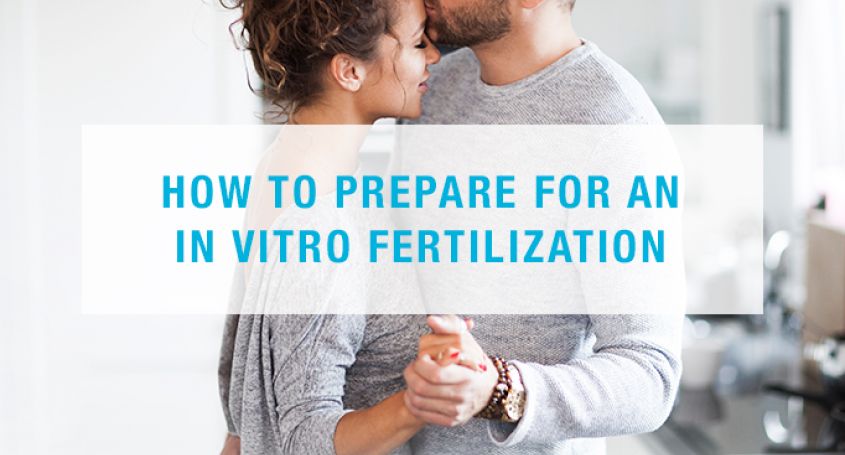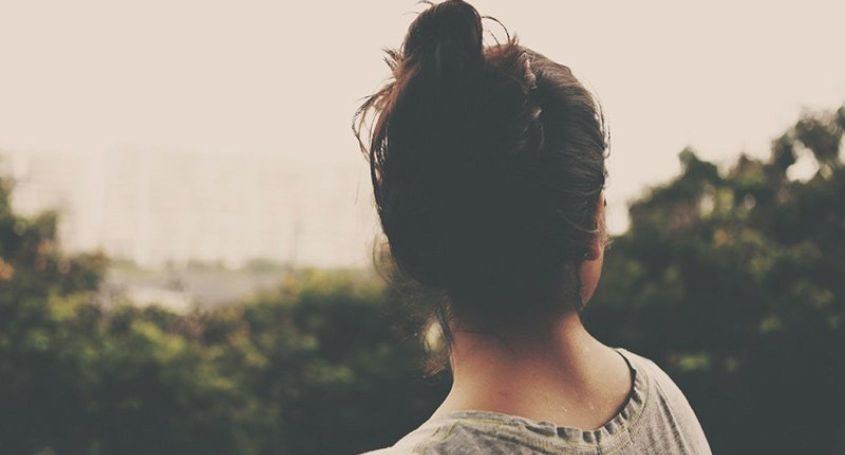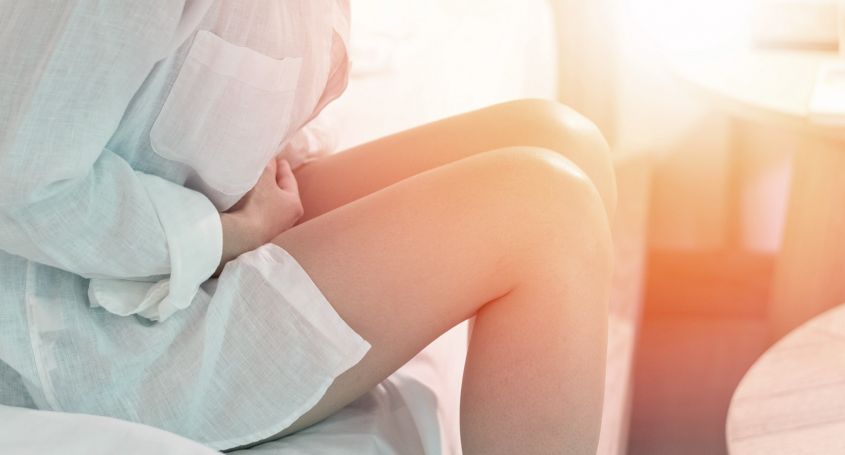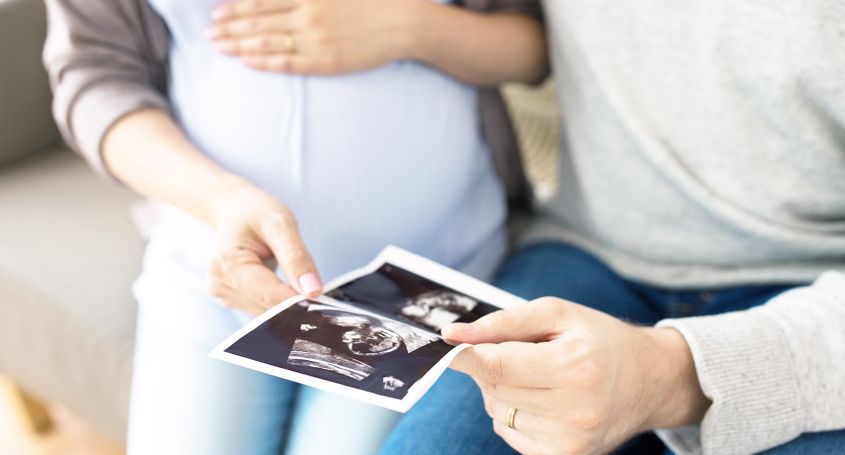Maintaining a healthy diet is essential during pregnancy. However, you may have heard that you need to be careful with certain foods, such as certain meat preparations. But what happens if we eat them? Have you heard of Salmonella or Listeria? Here's what you should know about the foods pregnant women should avoid and why.
Raw or undercooked meat and poultry
It is recommended to avoid eating raw or undercooked meat and cold-cured sausages, as there is a risk of toxoplasmosis, an infection caused by the parasite Toxoplasma gondii. In addition, a pregnant woman should avoid eating liver and liver products, as well as all types of pâtés. This is because they contain high levels of vitamin A that can harm the baby. Game meats, such as goose or partridge, may contain lead pellets, so it is also recommended not to eat them.
Certain raw or smoked fish and shellfish
It is recommended to avoid raw or semi-raw seafood and fish such as sushi, ceviche, oysters or scallops, as they may contain the Anisakis parasite. It is also advisable not to eat smoked fish, such as salmon or trout, as this increases the risk of contracting the Listeria bacterium, which is resistant to large temperature changes. On the other hand, oily fish should be limited because of its high content of dioxins and polychlorinated biphenyls, which can be harmful to the baby. Tuna should also be limited in pregnant women because it is one of the fish with the highest mercury content. In general, larger, predatory fish (fish that prey on other fish) tend to contain higher levels of mercury, which can harm the baby.
Unpasteurised food
It is advisable to avoid unpasteurised milk and juices, as well as cheeses made from unpasteurised milk, because it increases the risk of contracting Listeria bacteria. In addition, soft cheeses with a white coating on the outside contain more moisture, which facilitates bacterial growth.
Raw or partially cooked eggs
This food is not recommended to be consumed raw, as it may be contaminated by Salmonella bacteria and may cause Salmonellosis infection.
Raw or undercooked sprouts
It is recommended to avoid eating raw or undercooked sprouts such as alfalfa, radish, clover or beans. These sprouts may contain different bacteria.
Excessive caffeine
Caffeine can cross the placenta and reach the baby. For this reason, it is recommended to avoid consuming more than 200 mg per day.
Do you have any doubts about nutrition during pregnancy? We recommend that you consult the website of the Spanish Agency for Food Safety and Nutrition (AESAN) or ask your doctor.
